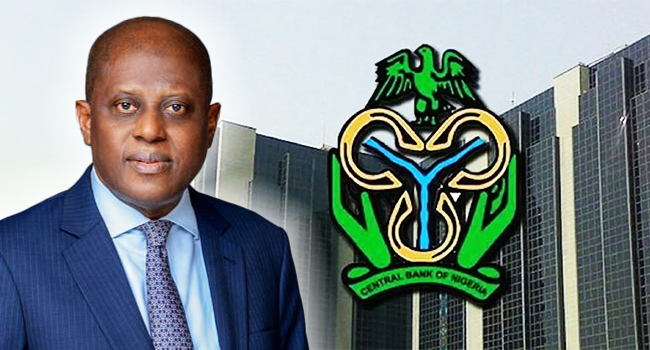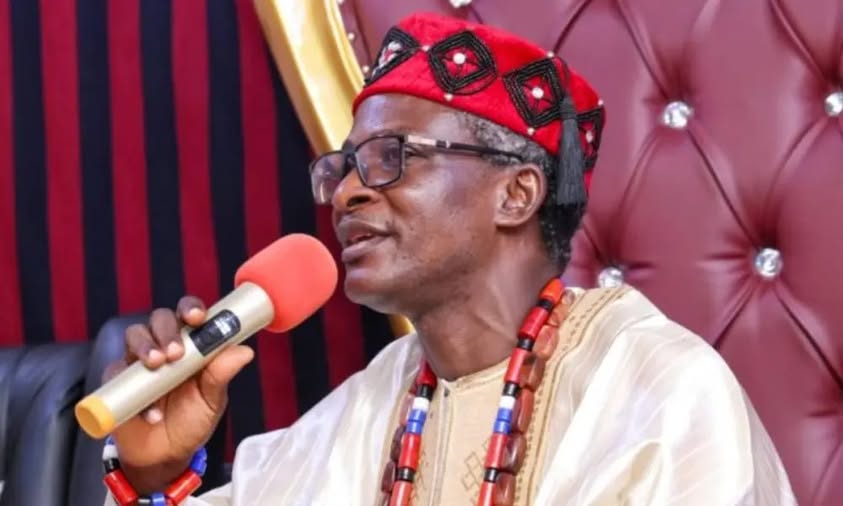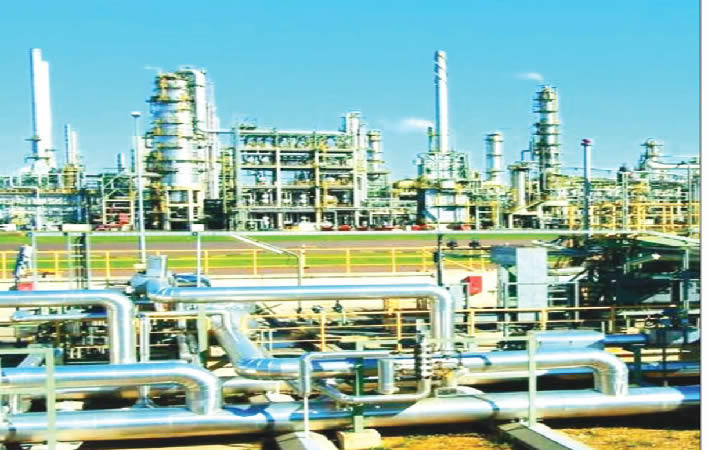The Major Energy Marketers Association of Nigeria (MEMAN) says the removal of fuel subsidy has paved the way for full deregulation, creating room for innovation and digital transformation in the country’s downstream oil and gas sector.
Speaking at the OTL Africa Downstream Week 2025 in Lagos on Wednesday, the Chairman of MEMAN, Mr. Huub Stokman, said the change is driving new business models such as Energy-as-a-Service, Virtual Power Plants, and peer-to-peer energy trading to improve efficiency and access.
Stokman noted that the removal of fuel subsidy has redefined Nigeria’s downstream landscape, allowing private players to compete, innovate, and invest more broadly across the energy value chain.
“The downstream environment is evolving rapidly. With the Dangote Refinery coming onstream, our dependence on imported products is reducing, and that’s reshaping local supply,” he said.
He pointed out that policymakers now see natural gas as a cleaner transition fuel, with growing demand for Compressed Natural Gas (CNG) and Liquefied Natural Gas (LNG) across multiple sectors.
According to him, the industry is embracing more sustainable and digital technologies such as solar, biofuels, and advanced monitoring systems to boost operational efficiency.
However, Stokman emphasised the need for clear and stable regulations to sustain investor confidence and ensure long-term growth in the sector.
“Significant investment is still needed in refining, storage, distribution, and low-carbon infrastructure if Nigeria is to achieve its energy transition goals,” he added.
He also described Africa’s energy sector as facing a “dual challenge” — addressing energy poverty while adapting to the global shift toward cleaner energy sources.
“Natural gas, whether LNG, LPG, or CNG, will remain key to Africa’s energy transition, providing a cleaner alternative that can power industrialisation and expand access,” Stokman explained.
He added that decentralisation and digitalisation are transforming how energy systems work, with renewable technologies enabling distributed power generation in underserved regions.
“The greatest opportunity lies in the 600 million Africans who still lack access to electricity — a huge potential for decentralised renewable energy solutions,” he said.
To secure a sustainable energy future, Stokman called for stronger regional integration through cross-border gas pipelines and harmonised energy policies across ECOWAS and SADC countries.
He encouraged African nations to expand investments beyond oil and gas to include Battery Energy Storage Systems, LPG bottling, and CNG compression infrastructure.
Read Also;
Fuel scarcity worsens in Sokoto despite PENGASSAN strike suspension
CBN pumps $1.25bn into fuel import, others
Stokman further urged downstream companies to adopt pay-as-you-go models, local micro-depots, and data-driven tools to lower costs and increase efficiency.
“Firms should explore cross-border partnerships, strategic acquisitions, and collaborations with financiers and technology companies,” he advised.
He concluded by highlighting the need to prioritise green hydrogen, decentralised solar energy, and storage technologies that enhance customer value and promote sustainability.




